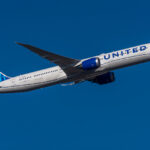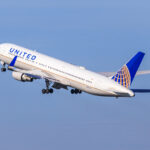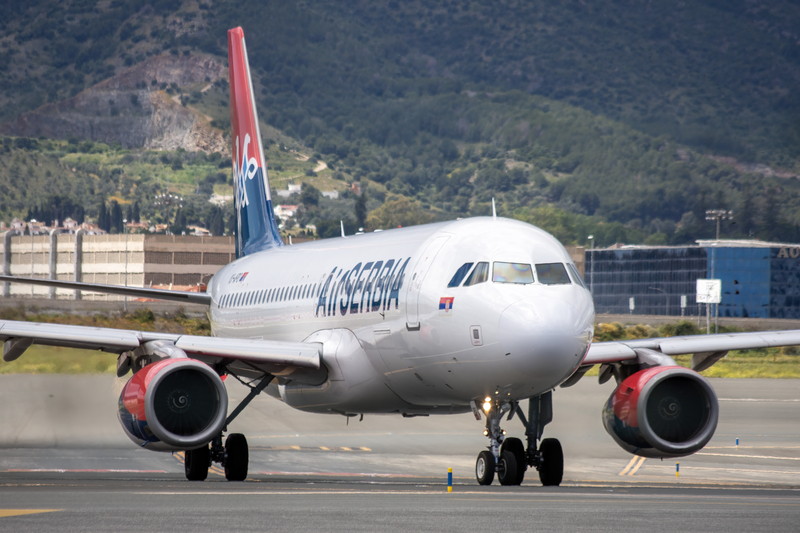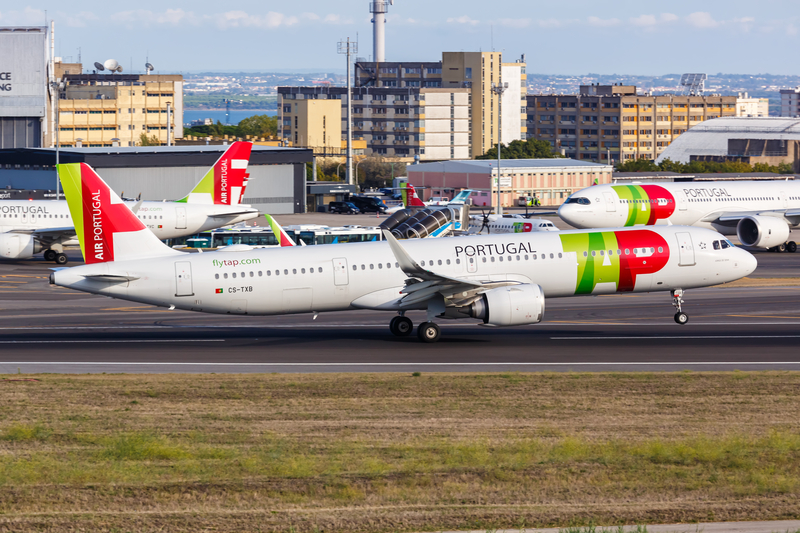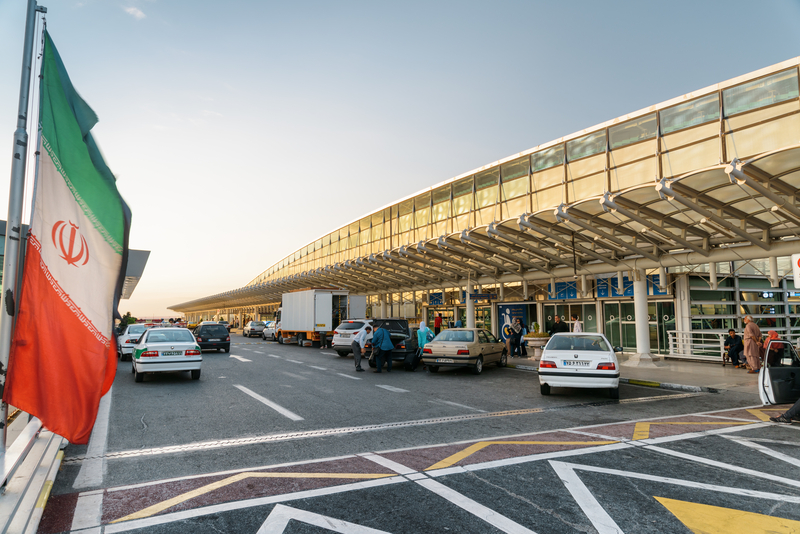Passport Oversight Causes Major Disruptions on United Airlines International Flights
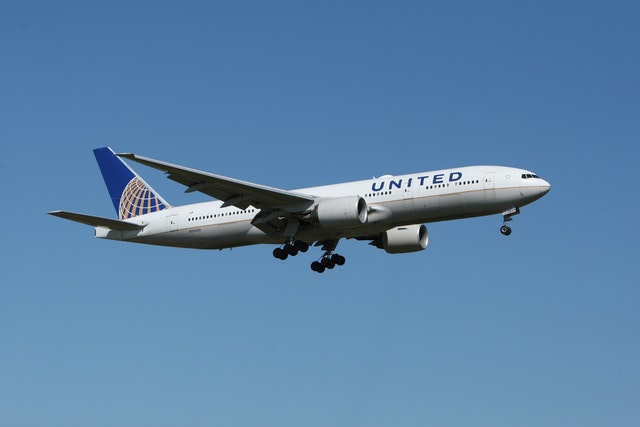
In an unusual turn of events, two separate United Airlines international flights were significantly delayed in March 2025 after pilots forgot their passports, underscoring a little-known gap in U.S. aviation compensation policy and drawing scrutiny from travel professionals and passengers alike.
The first incident occurred on March 14, 2025, involving United Airlines Flight 857 departing from San Francisco International Airport (SFO) to Shanghai Pudong International Airport (PVG). The flight, typically operated by a Boeing 777-300ER—an aircraft configured for long-haul international service—was delayed when one of the flight’s pilots was found to be without a valid passport. As a result, the departure was postponed while the situation was resolved. United confirmed the delay was due to a missing passport but declined to specify the extent of the delay or the actions taken to correct it.
Just eight days later, on March 22, United Flight 198, operating from Los Angeles International Airport (LAX) to PVG, faced a similar disruption. The aircraft—also likely a Boeing 777 series given the route—had already departed LAX but was diverted to SFO (SFO) mid-flight after it was discovered that a member of the flight crew had not brought their passport. United later confirmed that the diversion was due to the pilot’s oversight.
These back-to-back incidents stirred immediate reactions across aviation forums and social media, raising concerns over airline accountability and crew preparedness. While European Union and United Kingdom regulations would typically entitle affected passengers to compensation under such circumstances, U.S. Department of Transportation (DOT) policy does not mandate reimbursement for delays caused by operational errors such as a pilot forgetting required documents.
Legal experts, including Eric Napoli, Chief Legal Officer at AirHelp, noted that under the Montreal Convention, U.S.-based passengers on international flights may only pursue compensation if they can prove the airline failed to take all reasonable steps to avoid the delay. In these cases, United Airlines provided meal vouchers and advised passengers to file claims directly. One passenger reported receiving two $15 vouchers, but no clarity was given on whether additional compensation in the form of miles or monetary value was offered.
The Federal Aviation Administration (FAA) responded to inquiries by stating that pilot documentation requirements—including possession of a valid passport for international travel—are set internally by each airline, not mandated by the agency. The Transportation Security Administration (TSA) similarly does not require airline crew to carry passports, leaving such standards to be governed by airline policy rather than federal regulation.
Bottom Line
These incidents at SFO (San Francisco International Airport) and LAX (Los Angeles International Airport) highlight a critical vulnerability in airline operations—human error among flight crew—and the regulatory blind spots that fail to protect passengers affected by such errors. For airline professionals and regulatory bodies, these events serve as a case study in the importance of pre-flight procedural compliance and the need for greater transparency and accountability in delay-related compensation policies.
